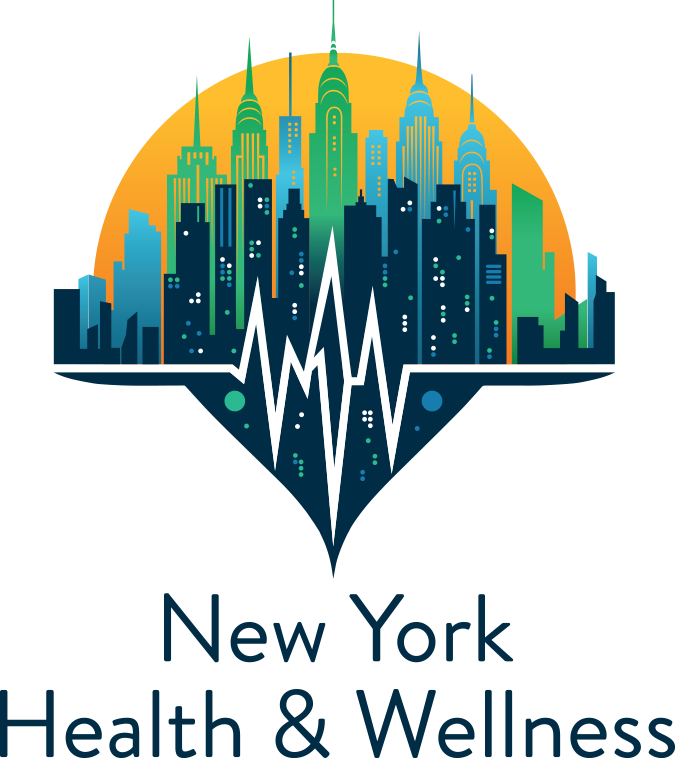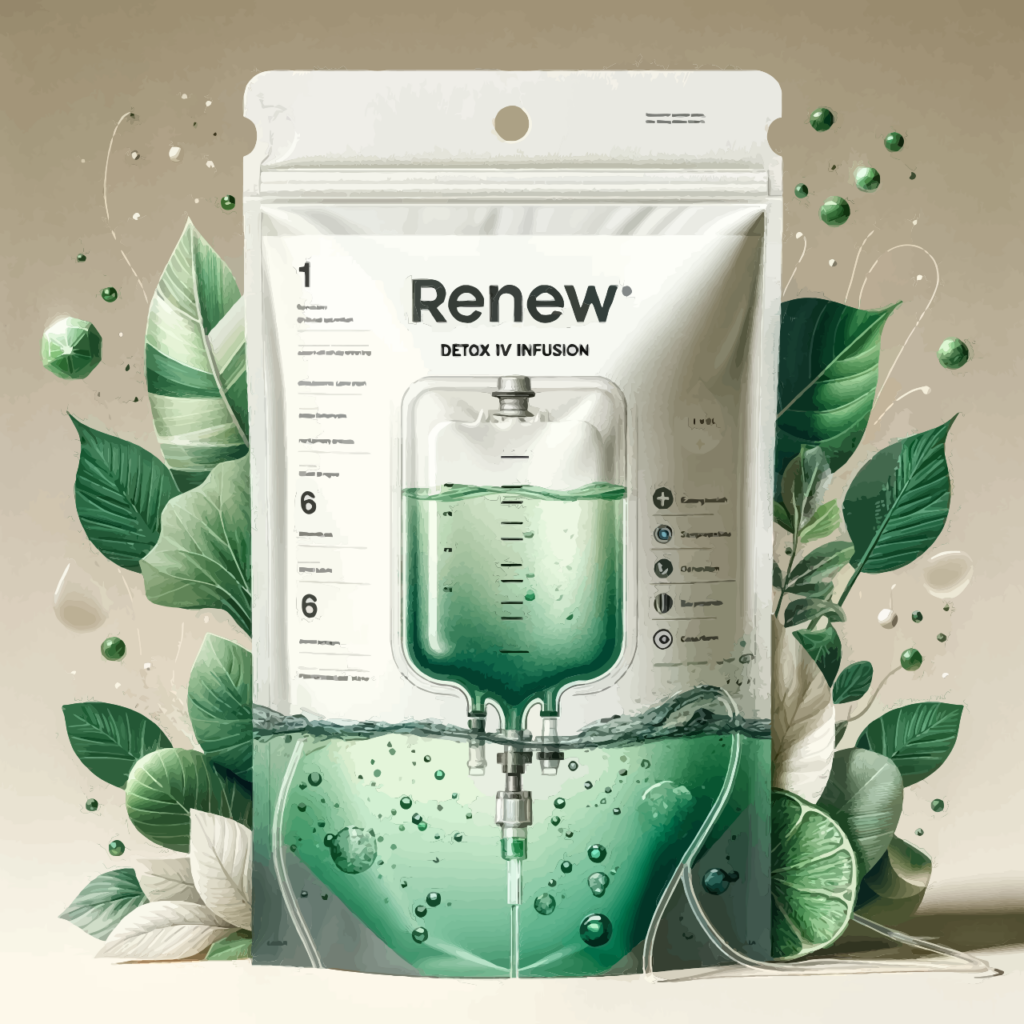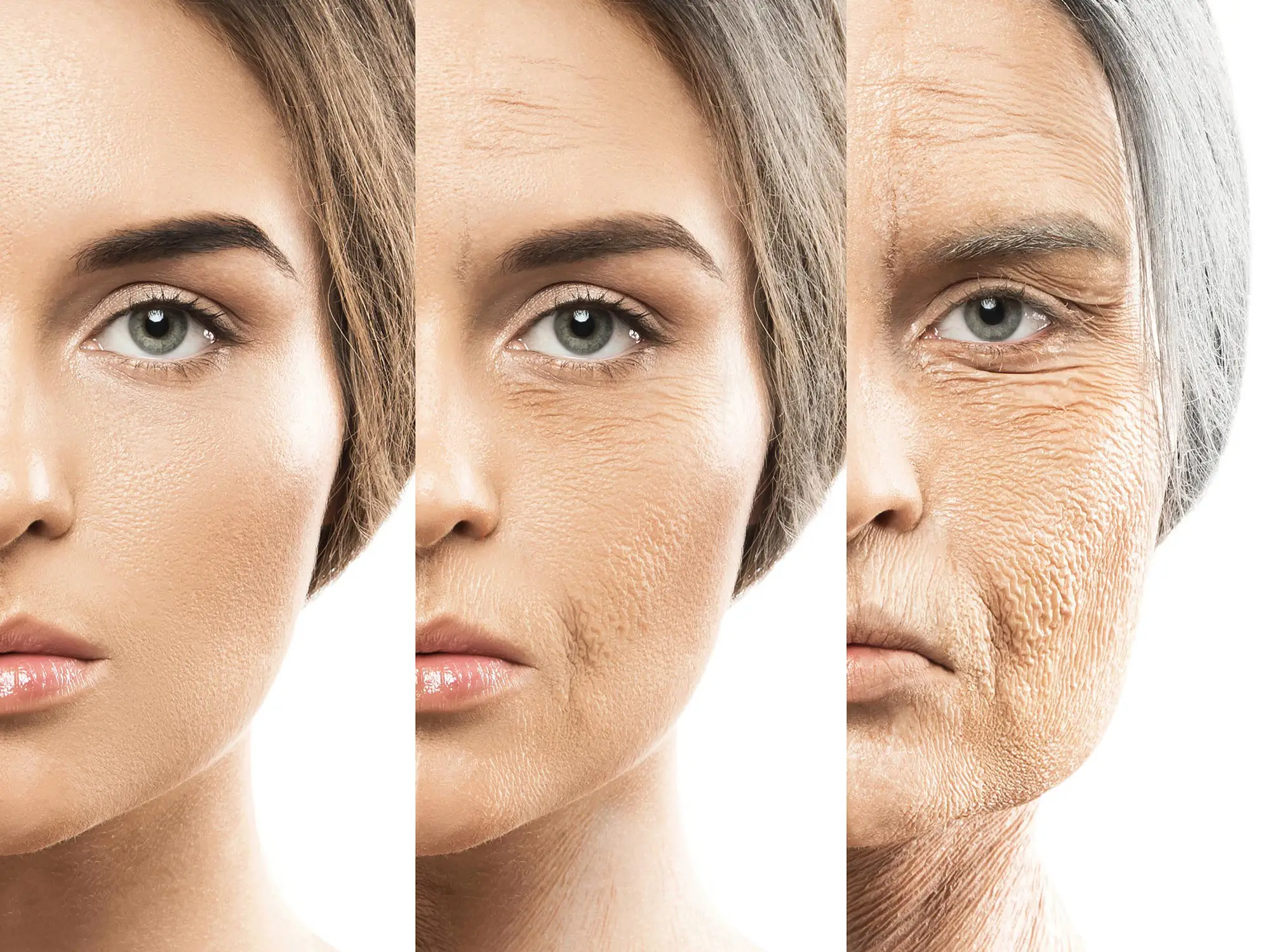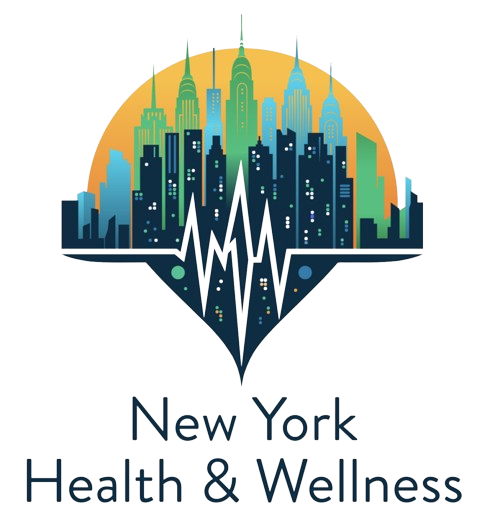Unlocking Cellular Potential: Demystifying NAD+ and its Role in Aging
Have you ever noticed how, as we age, our bodies just don’t seem to work quite as well as they used to? We might feel more tired, have less energy, and even experience some aches and pains that weren’t there before. This is all part of the natural aging process, but that doesn’t mean we have to simply accept it!
Inside each of our trillions of cells lies a tiny molecule called NAD+ (nicotinamide adenine dinucleotide). This molecule plays a crucial role in many of our body’s functions, but its levels naturally decline as we age. This decline in NAD+ is thought to be linked to many of the challenges we experience as we get older.
So, what exactly is NAD+, and how can we support our bodies’ natural levels of this important molecule? Let’s dive in and unlock the potential within our cells!
What is NAD+?
Imagine your body is a giant factory, and each cell is a tiny machine. NAD+ is like the spark plug for these machines. It helps convert the food we eat into energy, allowing our cells to function properly.
NAD+ is involved in many essential processes, including:
- Energy production: NAD+ helps convert nutrients from food into usable energy for our cells.
- Cellular repair and maintenance: NAD+ plays a role in repairing damaged DNA and protecting our cells from aging-related damage.
- Communication between cells: NAD+ helps cells communicate with each other, ensuring the smooth functioning of our body’s systems.
Why Does NAD+ Decline with Age?
As we age, our bodies naturally produce less NAD+. This decline can be attributed to several factors, including:
- Decreased activity of enzymes: Enzymes are like tiny workers in our cells that help make NAD+. As we age, the activity of these enzymes can decrease, leading to a lower production of NAD+.
- Increased cellular stress: Over time, our cells accumulate wear and tear, leading to increased cellular stress. This stress can further deplete our NAD+ levels.
- Environmental factors: Exposure to toxins, ultraviolet radiation, and other environmental factors can also contribute to the decline in NAD+ levels.
The Link Between NAD+ and Aging
The decline in NAD+ levels is thought to be linked to many of the challenges we experience as we age, including:
- Fatigue and low energy: When our cells don’t have enough NAD+, they can’t produce as much energy, leaving us feeling tired and sluggish.
- Muscle weakness: NAD+ is also important for muscle function. When levels are low, we may experience muscle weakness and decreased endurance.
- Cognitive decline: NAD+ plays a role in brain function and memory. Low levels may contribute to age-related memory loss and cognitive decline.
Can We Support Our Body’s NAD+ Levels?
The good news is there are several things we can do to naturally support our body’s production of NAD+:
- Eat a healthy diet: Focus on consuming plenty of fruits, vegetables, and whole grains. These foods are rich in vitamins and minerals that support NAD+ production.
- Exercise regularly: Physical activity helps your body produce more NAD+. Aim for at least 30 minutes of moderate-intensity exercise most days of the week.
- Get enough sleep: When you’re sleep-deprived, your body struggles to produce NAD+. Aim for 7-8 hours of quality sleep each night.
- Manage stress: Chronic stress can deplete your NAD+ levels. Practice stress-management techniques like yoga, meditation, or deep breathing.
Actionable Tip: Download a mindfulness app to help you learn and practice relaxation techniques. Some popular options include Calm, Headspace, and Insight Timer.
While these lifestyle changes can help, they may not be enough for everyone, especially those experiencing significant age-related decline. This is where cutting-edge treatments like IV NAD+ therapy come in.














